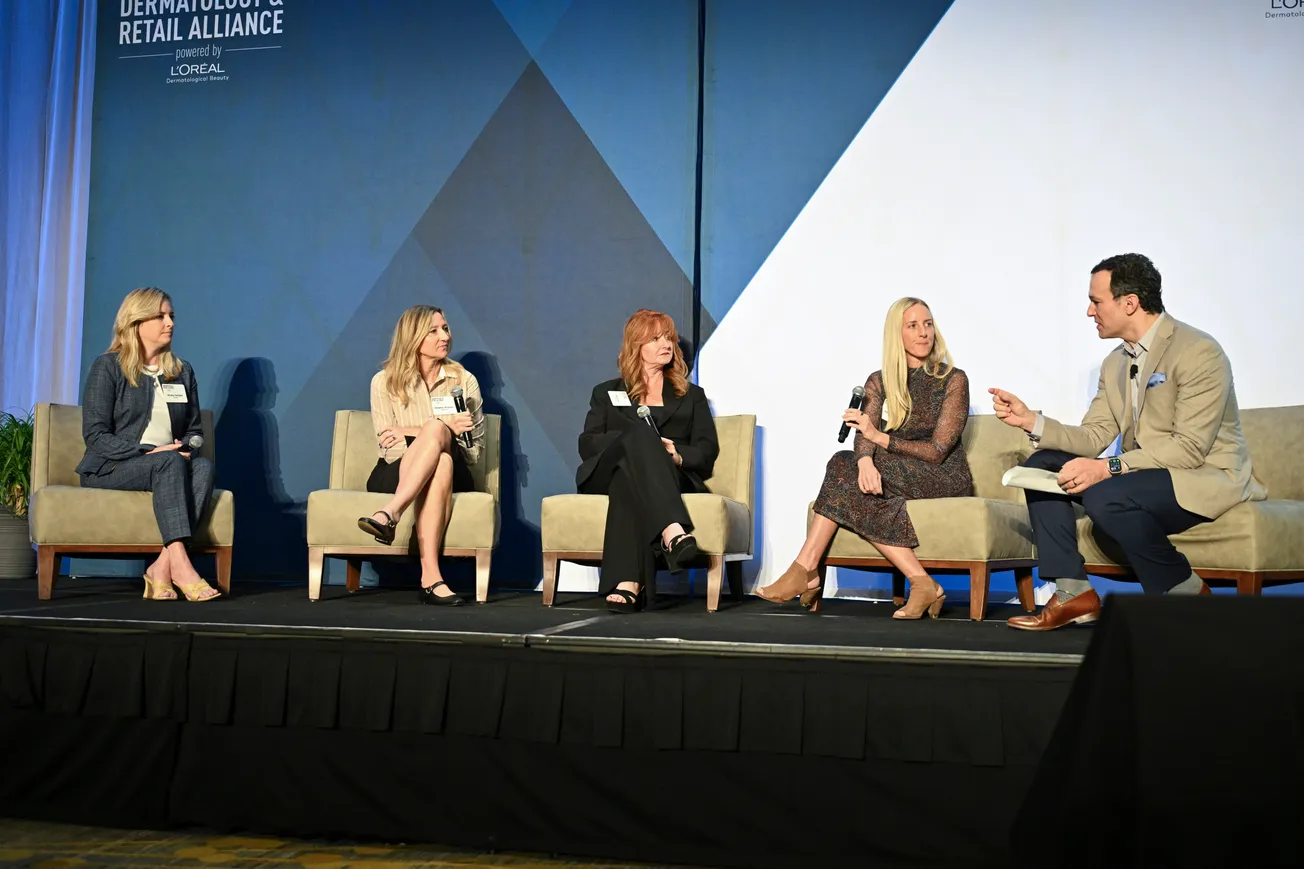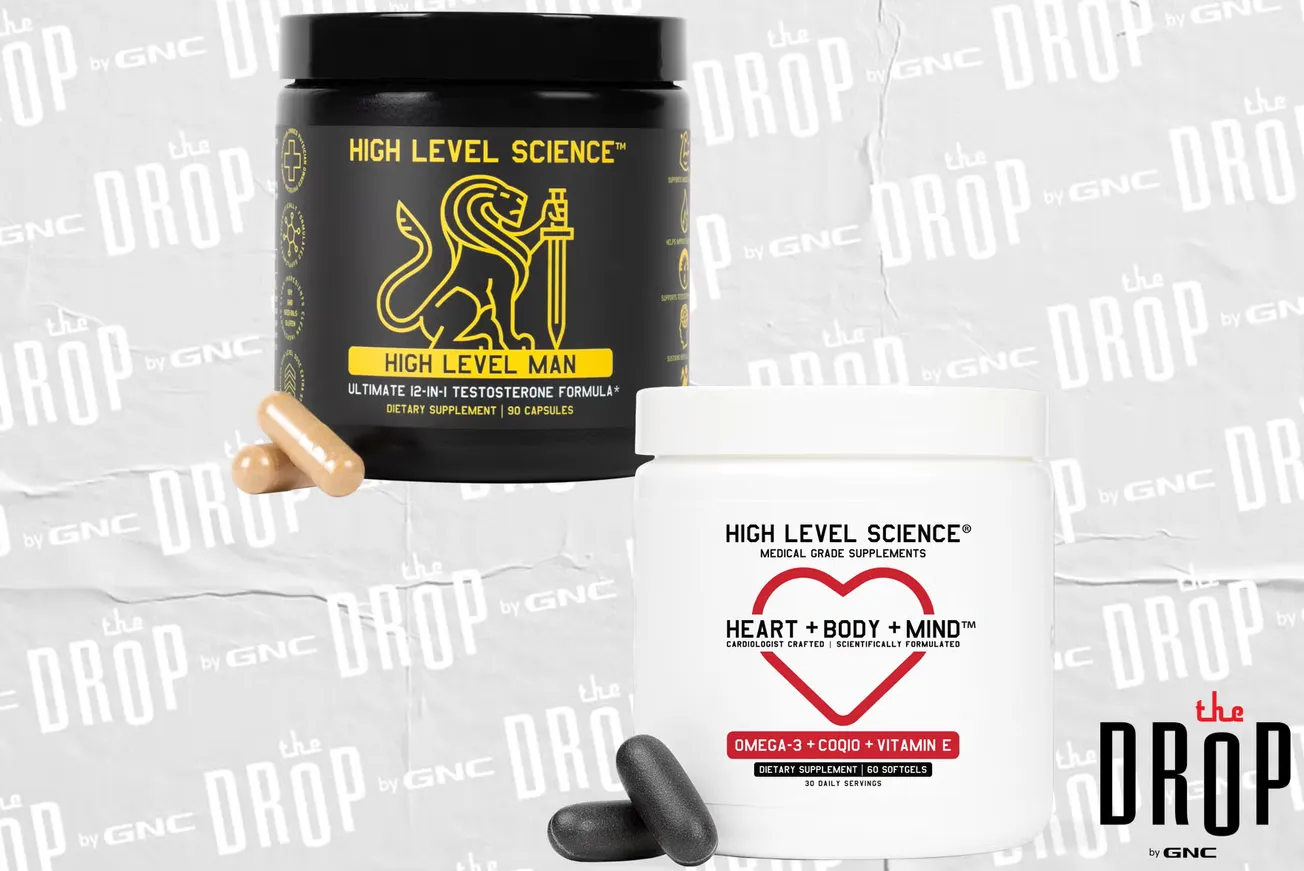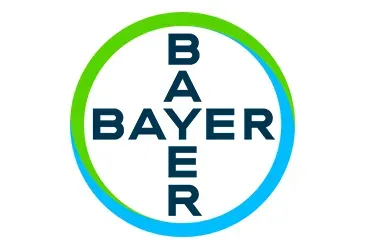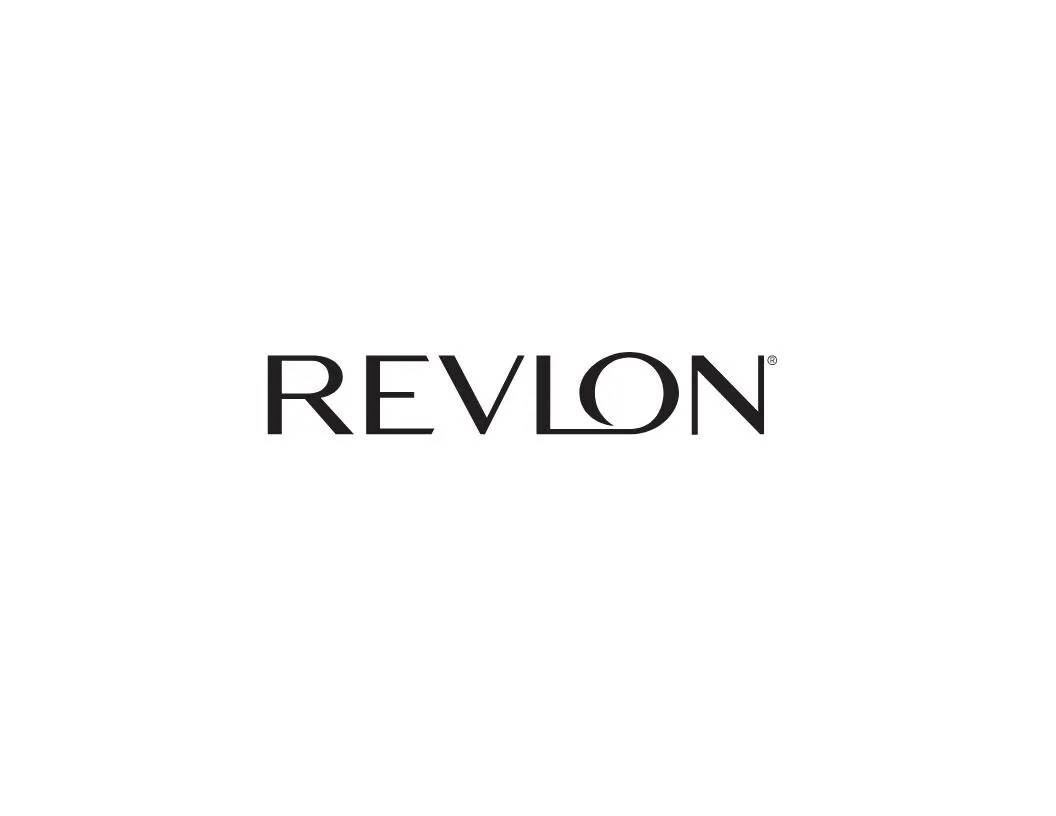LAS VEGAS — More than 30 retail executives and 14 leading dermatologists gathered at the Dermatology and Retail Alliance (DRA) event, held on October 23-24 in Las Vegas, to brainstorm actionable strategies for sustaining growth in the skin care industry.
The biggest takeaway: understanding each other’s roles helps remove barriers, drives better sales and enhances patient outcomes.
“We are excited about the conversations with derms and the chance to have a greater understanding of each other,” said Heather Hughes, Walgreens' Group vice president, GMM of health, wellness, beauty and personal care, who attended for a third year. While a practicing pharmacist, Hughes said she introduced herself to doctors in her local markets.
“It would be invaluable to spend a day walking in a pharmacist's shoes to experience firsthand what their daily life truly entails,” said Dr. Ted Lain, during a panel he moderated with retailer representatives from Ulta Beauty, Walgreens, Hy-Vee, and Publix.
Removing silos between retail and the professional community was just one example of the collaborative ideas sparked during the two-day event, which included the share-out of consumer insights, “Ask a Derm” sessions, and networking opportunities. The DRA also served as the launch pad for two new hair lines for both CeraVe and Vichy that are the result of collaborating with dermatologists and the preview of an upcoming public service campaign focused on sun care.
Filling a Market Need
“The alliance drives innovation by bringing together leaders from dermatology and retailer communities to ultimately match solutions to the skin health needs of consumers,” said Gina Daley, assistant vice president of Integrated Health at L’Oréal Dermatological Beauty. “Over 40% of Americans live in derm deserts. In the U.S. in 2022, only 10% of Americans saw a dermatologist despite one in four being impacted by skin conditions. This gap is where retailers can play a crucial role.”
Described by Tom Allison, senior vice president, global professional sales, marketing and strategy for medical dermatology at L’Oréal Dermatological Beauty, as the “who's who in dermatology,” 14 board-certified dermatologists participated in the event.
The stakes are high—skin care remains one of the few categories showing growth in both dollar and unit sales in mass-market stores.
Mass retailers account for 70% of total skincare sales, the largest share across all beauty segments. After pharmacy, skin care is one of the biggest traffic drivers to drug, grocery and discount stores.
Retailers highlighted some of the programs they offer to foster greater cooperation with health professionals, including:
• Walgreens Find Care: Besides the chain’s network of 2,000 beauty and wellness consultants and nearly 25,000 pharmacists, Walgreens Find Care offers resources to help consumers find dermatology care.
• Ulta Beauty Spotlights Derm Recommend Products On Shelves: Ulta Beauty, the nation’s largest beauty retailer, connected with brand partners to provide education and training to their beauty advisors to help guests find the right skincare products for their needs and goals, no matter where they are in their beauty journey. In addition, through the Ulta Beauty app guests can utilize the Skin Analysis tool to receive personalized and targeted product recommendations based on concerns. . Ulta Beauty guests can also experience one of the retailer’s skin services at the Salon at Ulta Beauty, from licensed estheticians, available in select store locations nationwide.
• Hy-Vee Connects the Dots with Dietitians: As part of its emphasis on healthcare, the supermarket retailer incorporates its dietitians into the equation, which is particularly successful for Health and Beauty supplements.
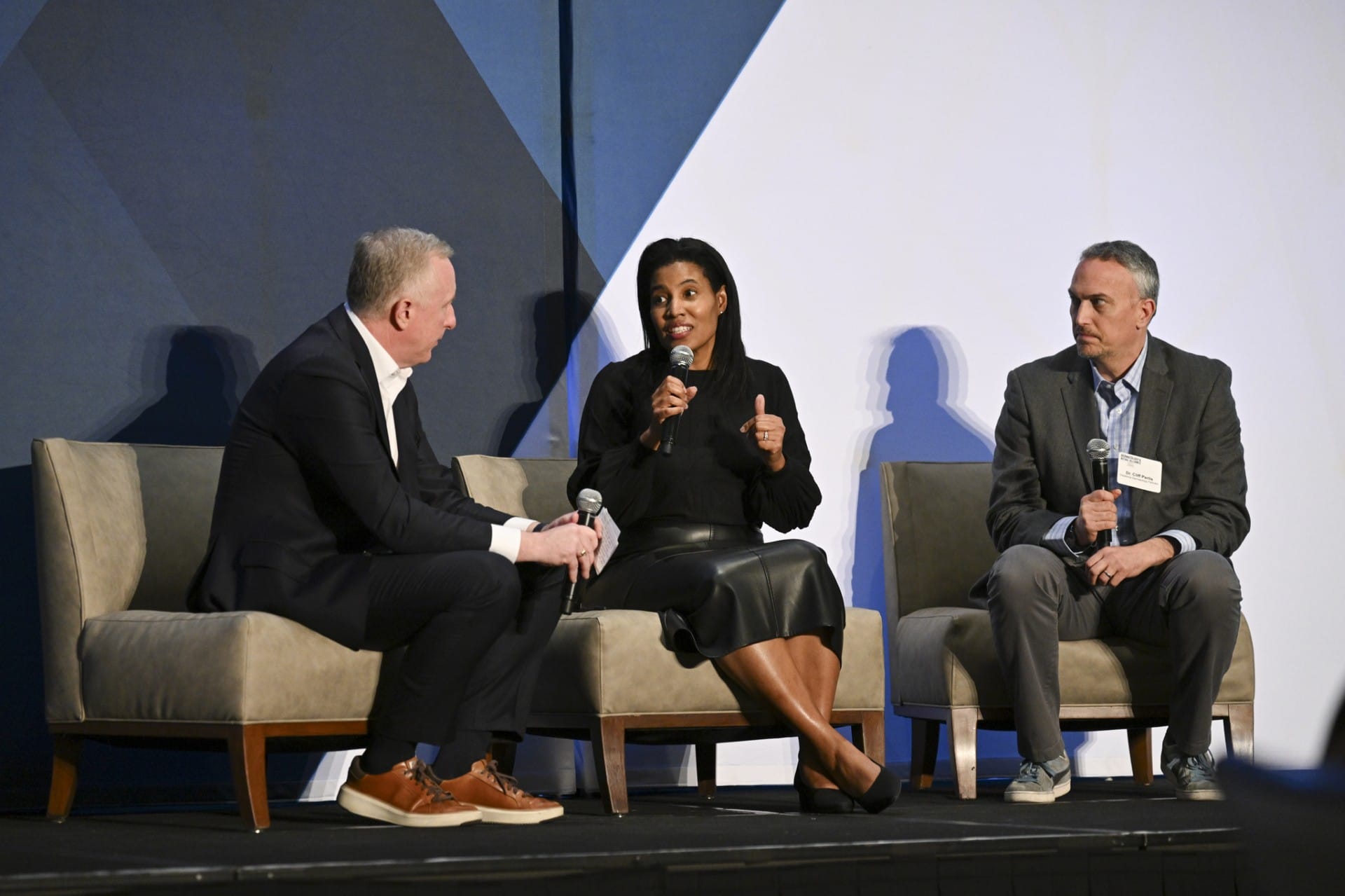
Research Reveals Insight to the Shopping Journey
Meg Gomsak, director, of Integrated Health at L’Oréal, shared research linked to SPF and the Shopper Journey and Skin Health from Head to Toe. Among the findings:
• Almost 60% of consumers (ages 25 and up) use sun protection, and 94% apply protection at the same rate or more than in a similar survey last year. However, the number one reason they use protection is concern about anti-aging versus guarding against skin cancer. There is a need to amplify the message that skin cancer is preventable.
• The research highlights a growing consumer desire for products tailored to specific skin needs, such as formulations designed for melanin-rich complexions.
• Product form also plays a crucial role, with 27% of consumers citing it as a key factor in their sunscreen purchasing decisions. Sprays account for 63% of all sunscreen sales, showing a 3% increase in popularity, while stick formats are emerging rapidly, with a notable 17% increase in sales. Despite representing only 5% of the market, stick sunscreens show significant potential for growth.
• Professional endorsements also have a strong impact, as almost 40% of consumers actively seek out professionally recommended sun care products, whether in-store or online.
Based on these insights, Gomsak advises retailers to stock sun care products year-round and to include a range of dermatology-recommended options.
Attendees at the DRA also delved into the dangerous proliferation of sun care myths on social media. Many dangerous messages can be spread, including suggestions that SPF causes cancer or burns, which can be avoided by drinking water. To that end, the dermatologists said they are creating their own short and long form videos to supplement their office consultations.
Responding to the need for greater sun care information, the DRA formed a Sun Care Consortium to develop an unbranded Sun Safety PSA that will be officially launched in next few months.

